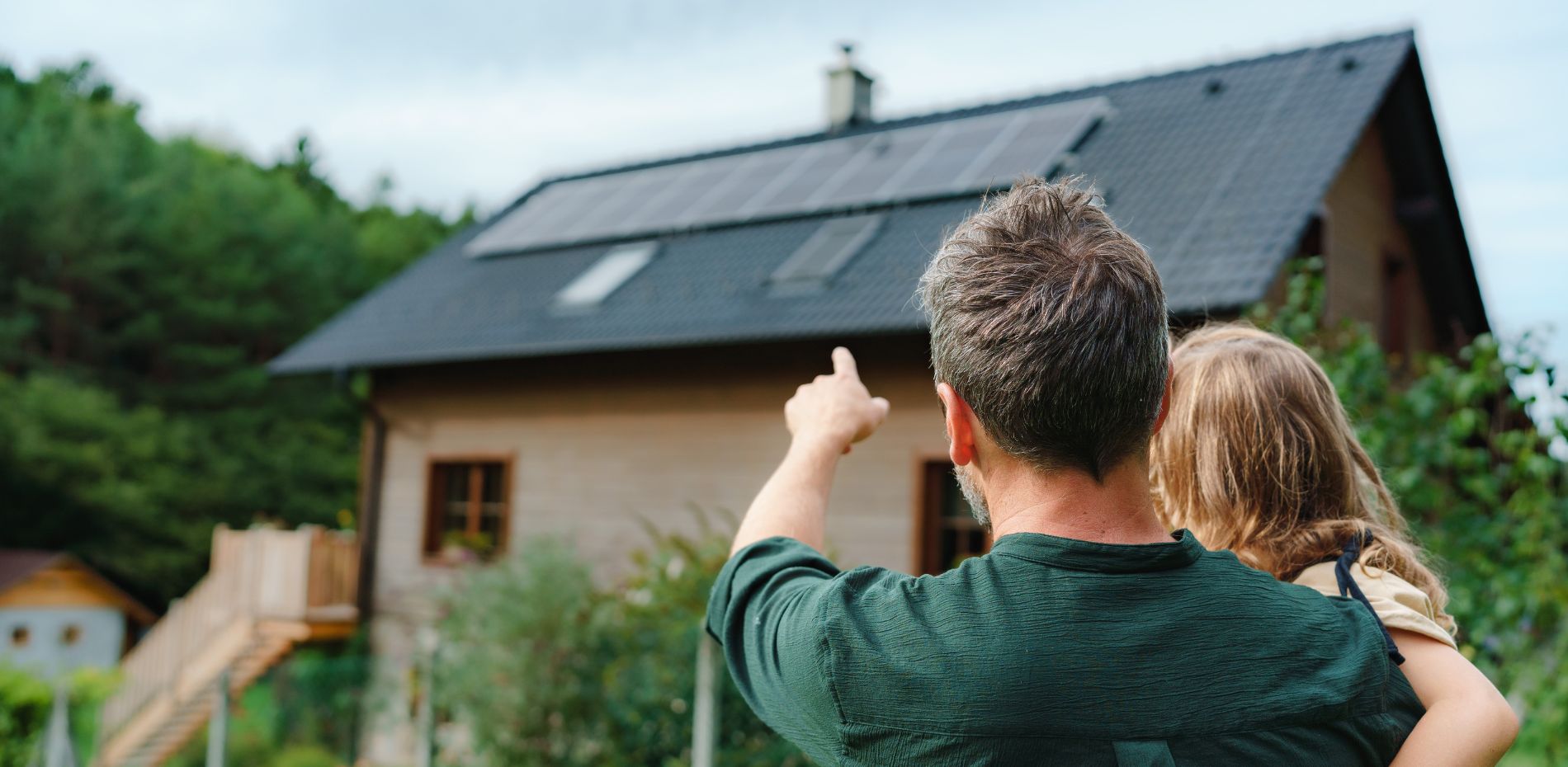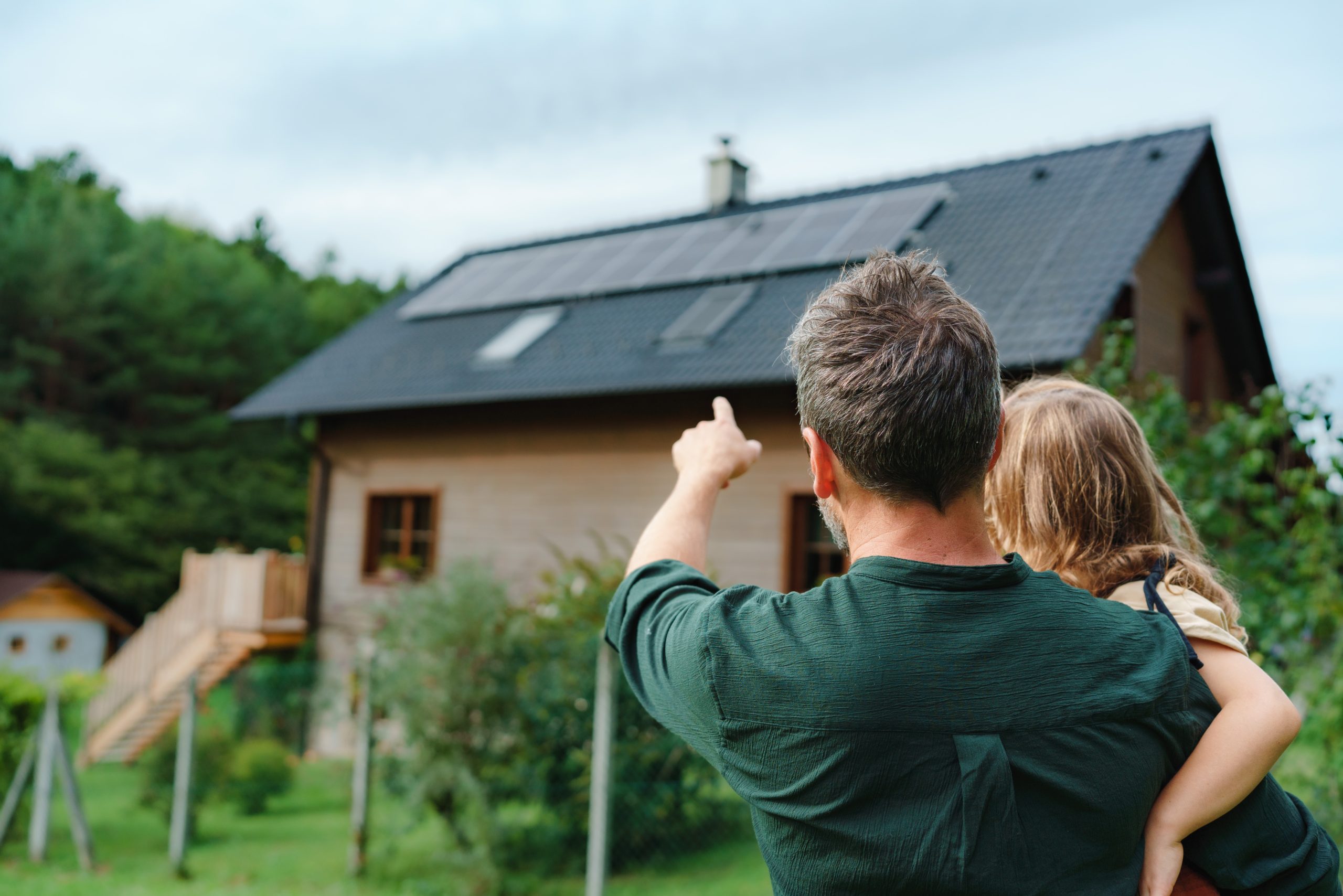
In an era of increasing environmental awareness, sustainable homes are gaining traction as a vital component of a greener future. This blog post explores current best practices in creating sustainable and energy-efficient homes. By discussing renewable energy options, energy-efficient upgrades, the impact on property values, and the role of green features, we’ll shed light on how homeowners can embrace sustainability while reaping multiple benefits.
Harnessing Renewable Energy:
Renewable energy sources offer an eco-friendly alternative to traditional energy generation methods. Among these, solar power has emerged as a leading contender in the quest for sustainable homes. By installing solar panels, homeowners can tap into the sun’s abundant energy, reducing reliance on fossil fuels and minimizing their carbon footprint. Integrating solar panels contributes to environmental sustainability and offers long-term financial advantages. Through incentives and subsidies, homeowners can significantly offset the upfront costs, potentially achieving substantial savings on energy bills over the system’s lifespan. Additionally, solar-powered homes can enjoy increased resilience during power outages, as they can continue to generate electricity even when the grid is down.
Embracing Energy-Efficient Upgrades:
Energy-efficient upgrades are crucial in reducing a home’s energy consumption and environmental impact. Homeowners can significantly enhance energy efficiency and improve comfort by implementing various measures. One notable area for improvement is lighting, where transitioning to energy-efficient LED bulbs can yield substantial energy savings while providing superior quality and a longer lifespan. Another valuable upgrade is the installation of smart thermostats, enabling precise temperature control and optimized energy usage. Energy-efficient appliances like refrigerators, washing machines, and HVAC systems can reduce energy consumption. Moreover, investments in proper insulation and energy-efficient windows can enhance a home’s thermal performance, minimizing heat loss during winter and heat gain during summer. These upgrades reduce utility costs and create a more comfortable living environment.
Positive Impact on Property Values:
Integrating sustainable features in a home can positively impact its value and appeal to prospective buyers. Increasingly, homebuyers prioritize energy efficiency and environmental considerations when making purchasing decisions. Homes equipped with energy-efficient features, such as solar panels, high-performance insulation, and smart home technologies, often command higher resale values and enjoy shorter time on the market. Certifications such as LEED (Leadership in Energy and Environmental Design) or ENERGY STAR provide a stamp of approval, assuring potential buyers of a home’s sustainable credentials. These certifications validate a property’s energy efficiency, indoor air quality, and overall environmental performance, bolstering buyer confidence and contributing to a premium price. The growing pool of environmentally conscious buyers actively seeking sustainable homes makes investing in energy-efficient upgrades a wise choice for homeowners aiming to maximize property value.
The Role of Green Features:
Beyond renewable energy and energy-efficient upgrades, incorporating green features further enhances sustainability and environmental stewardship in homes. Water conservation measures, such as low-flow fixtures, rainwater harvesting systems, and drought-resistant landscaping, can significantly reduce water consumption. Furthermore, sustainable materials and practices in construction and renovation, such as recycled or locally sourced materials, eco-friendly paints, and energy-efficient building techniques, contribute to a home’s sustainability profile. The presence of green features, such as green roofs, living walls, or permeable pavement, reduces environmental impact and enhances a property’s aesthetic appeal and uniqueness. These features can create a harmonious blend of sustainability, functionality, and beauty, attracting environmentally conscious buyers who appreciate the holistic value proposition of a green home.
Sustainable homes are at the forefront of environmentally responsible living. Homeowners can make a positive difference in the environment and their financial well-being by harnessing renewable energy, embracing energy-efficient upgrades, recognizing the impact on property values, and integrating green features. Embracing sustainability in housing paves the way for a greener future and a more sustainable way of living.


